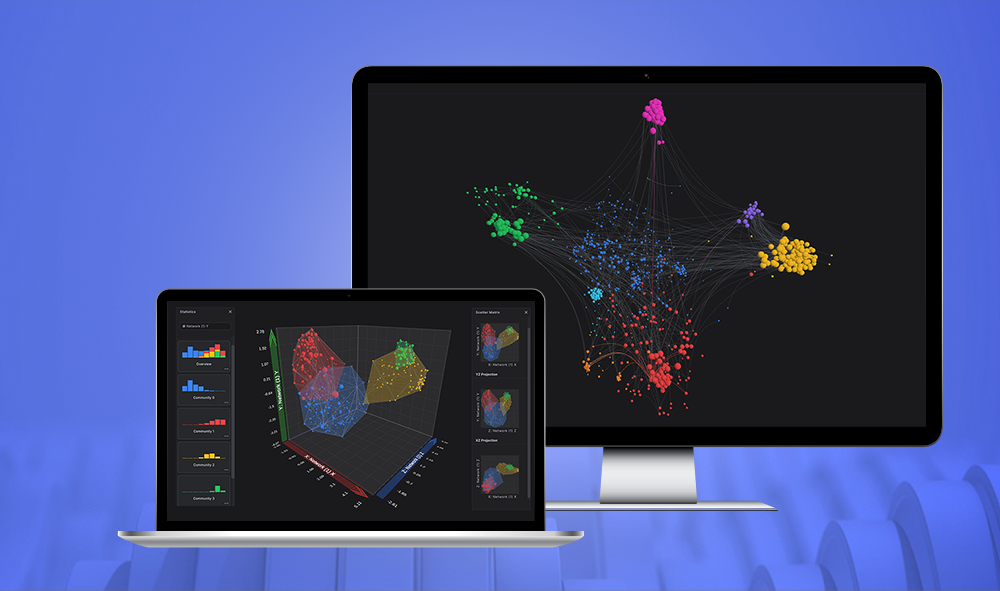
Data visualization startup Virtualitics lands $37M investment

Virtualitics, co-founder Michael Amori, sees tooling as a key issue and recently secured $37 Million in series C for expansion. His startup’s software aims to help companies visualize and glean insights from data. Smith Point Capital has taken the lead in this round, with additional contributions from Citi and advisory clients of The Hillman Company. This recent funding injection elevates the total raised by Virtualitics to $67 million.
A survey from Delotte shows that 67% of companies are not comfortable with using data and 63% of the C-Level are aware of analytics but they did not have the infrastructure.
In 2016, Virtualitics originated from a collaboration between Caltech and NASA’s Jet Propulsion Lab in Pasadena. A while back, Amori connected with George Djorgovski, a Caltech astronomy and data science professor. During that period, Ciro Donalek, a computational staff scientist, worked with Djorgovski, leading Caltech’s Center for Data-Driven Discovery.
“Donalek’s expertise in AI, particularly in aiding Caltech astronomers with big data analysis, and his work in creating collaborative virtual spaces converged,” Amori said. “Virtualitics was born from this, focusing on three-dimensional visualizations to elevate data analysis beyond traditional methods.”
Virtualitics: Transforming Data Exploration
Virtualitics employs 3D visuals, knowledge graphs, and AI to uncover connections within data. The platform processes data and plain English queries, producing annotations and explanations. These insights integrate seamlessly into reports and are easily distributable throughout an organization.
In the financial sector, it detects patterns of payment fraud, while in marketing, it identifies emerging customer segments and optimal channels. Unlike competitors such as Bayes and Flourish, Virtualitics provides VR and AR visuals. The platform prioritizes user-friendliness, and strength, and doesn’t necessitate extensive technical proficiency.
“Traditional data exploration tools have limited capabilities in identifying and visualizing the complexity of today’s data,” he said. “Also, traditional analytic techniques and dashboards fall short in providing visually intuitive outputs, making it hard to truly understand the findings or predict what lies ahead. All of this is combined with the fact that humans approach a data set already with a bias, a preconceived notion of what might be going on in the data and then they explore the data to see if their hypothesis was correct.”
Virtualitics: Reshaping Data Analytics
The situation isn’t definitively settled on these matters. Yet, it remains true that numerous companies encounter hurdles in getting their teams to use the business intelligence software they’ve purchased effectively.
A survey conducted in 2020 by 360Suite revealed two main hurdles: encouraging users to embrace the software and maintaining data quality. Moreover, companies highlighted managing costs and ensuring security as significant barriers to accomplishing their data analytics goals.
“While Virtualitics may occasionally find itself categorized alongside business intelligence tools, our approach is substantially different,” Amori said. “Traditional business intelligence tools are built to ‘report the news,’ with the aim of making data more accessible through simple dashboard reports.”
The company will allocate these funds to foster collaborations, enhance customer success initiatives, and expand its workforce. At present, Virtualitics boasts a team of 76 employees.

Source: Virtualitics













